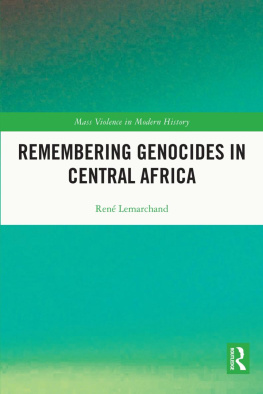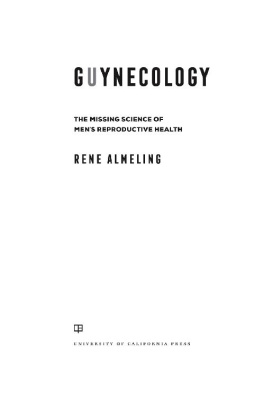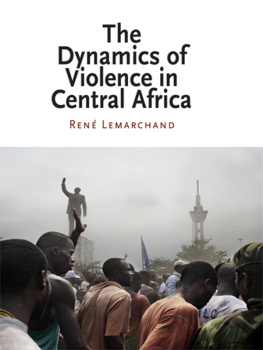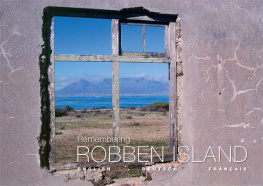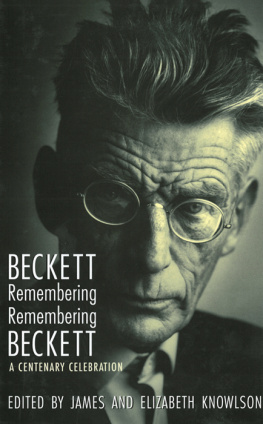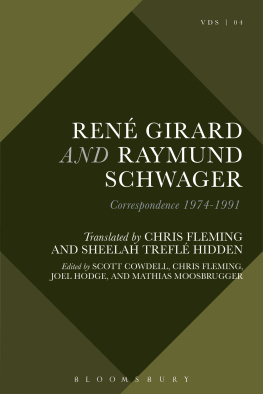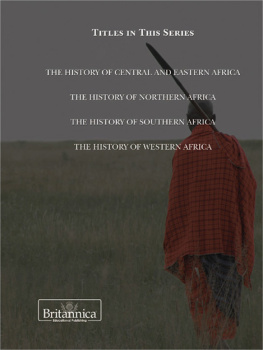Remembering Genocides in Central Africa
Scene of one of the biggest genocides of the last century Rwanda has become a household word, yet bitter disagreements persist as to its causes and consequences. Through a blend of personal memories and historical analysis, and informed by a lifelong experience of research in Central Africa, the author challenges conventional wisdom and suggests a new perspective for making sense of the appalling brutality that has accompanied the regions post-independence trajectories.
All four states adjacent to Rwanda are inhabited by Hutu and Tutsi and thus contained in germ the potential for ethnic conflict, but only in Burundi did this potential reach genocidal proportions when, in 1972, in response to a local insurrection, at least 200,000 Hutu civilians were killed by a predominantly Tutsi army. By widening his analytic lens, the author shows the critical importance of the Burundi bloodshed to an understanding of the roots of the Rwanda genocide, and in later years the significance of the mass murder of Hutu civilians by Kagames Tutsi army, not just in Rwanda but also in the Congo.
The regional dimension of ethnic conflict, traceable to the Belgian-engineered Hutu revolution in Rwanda in 1959, three years before its independence, is the principal missing piece in the genocidal puzzle of the Great Lakes region of central Africa. But this is by no means the only one. Reassembling the missing pieces within and outside Rwanda is not the least of the merits of this highly readable reassessment of a widely misunderstood human tragedy.
Ren Lemarchand is Emeritus Professor of Political Science at the University of Florida, USA. He is the author of The Dynamics of Violence in Central Africa and African Kingships in Perspective.
Mass Violence in Modern History
Edited by Alexander Korb (University of Leicester, United Kingdom) and Uur mit ngor (Utrecht University, the Netherlands)
Despite the horrors of nineteenth-century conflicts including the US Civil War and the Napoleonic Wars, it was not until the twentieth century that mass killing was conducted on an industrialized scale. While the trenches of Flanders and the atomic bomb were major manifestations of this, mass violence often occurred outside the context of conventional war or away from the traditional battlefield. Research has understandably tended to focus on major events and often within a binary superpower narrative. In fact, instances of mass violence are often hard to pin down as well as being little known, and involving civilians and citizens of a wider range of territories than is publicized. The books in this series shed light on mass violence in the modern era, from Armenia to Rwanda; from Belarus to Bosnia-Herzegovina and many points in between.
- Knowledge and Acknowledgement in the Politics of Memory of the Armenian Genocide
Vahagn Avedian
- Local Dimensions of the Second World War in Southeastern Europe
Edited by Xavier Bougarel, Hannes Grandits and Marija Vulesica
- The White Terror: Antisemitic and Political Violence in Hungary, 1919-1921
Bla Bod
- The Holocaust in the Romanian Borderlands: The Arc of Civilian Complicity
Mihai I. Poliec
- The Construction of National Socialist Europe During the Second World War
Raimund Bauer
- Cultural Violence and the Destruction of Human Communities: New theoretical perspectives
Edited by Fiona Greenland and Fatma Mge Gek
- Remembering Genocides in Central Africa
Ren Lemarchand
First published 2021
by Routledge
2 Park Square, Milton Park, Abingdon, Oxon OX14 4RN
and by Routledge
52 Vanderbilt Avenue, New York, NY 10017
Routledge is an imprint of the Taylor & Francis Group, an Informa business
2021 Ren Lemarchand
The right of Ren Lemarchand to be identified as author of this work has been asserted by him/her/them in accordance with sections 77 and 78 of the Copyright, Designs and Patents Act 1988.
All rights reserved. No part of this book may be reprinted or reproduced or utilised in any form or by any electronic, mechanical, or other means, now known or hereafter invented, including photocopying and recording, or in any information storage or retrieval system, without permission in writing from the publishers.
Trademark notice: Product or corporate names may be trademarks or registered trademarks and are used only for identification and explanation without intent to infringe.
British Library Cataloguing-in-Publication Data
A catalogue record for this book is available from the British Library
Library of Congress Cataloging-in-Publication Data
A catalog record has been requested for this book
ISBN: 978-0-367-65415-3 (hbk)
ISBN: 978-1-003-12933-2 (ebk)
Typeset in Sabon
by SPi Global, India
For Georgie
This slim volume owes a big debt to the many friends and colleagues who helped me find my way across the Great Lakes, a safari that began in 1960 and lasted for more years than I can remember. The group of scholars gravitating around the Institute of Development Policy and Management at the University of Antwerp has been particularly helpful and generous. Filip Reyntjens, Stef Vandeginste and Bert Ingelaere were always willing to extend a helping hand; I am particularly grateful to Filip, my long-time friend, ever ready to extend both when I needed them. Ive learned more about the complexities of North and South Kivu from Koen Vlassenroot, my colleague at the University of Ghent, than from anyone else; I am equally grateful to Tomas Van Acker, also from Ghent, for improving my grasp of the recent convulsions of Burundi politics. My heartfelt thanks also to Bernard Leloup for providing me (and a few other colleagues) with the logistics indispensable to discover the barren landscape of the high plateau area of South Kivu that is home to the historic Banyamulenge. No one has done more to alert me to the importance of looking at politics from the bottom up than Severine Auteserre, and for this I owe her a huge debt. Marie-Eve Desrosiers took time out of her busy schedule to read and comment on an early draft of the manuscript, for which she deserves my warmest thanks. I owe a similar debt of gratitude to Stephen Weissman for sharing with me his critical comments and suggestions about the role of the CIA in DRC.
Andr Guichaoua and Roland Tissot are among the few friends I have in France who were especially patient and generous of their time. Anne-Claire Courtois was kind enough to let me have access to her excellent set of papers on contemporary Burundi. Devon Curtis, whose expertise on the history and politics of Burundi is unmatched, has been a major source of inspiration in my academic travails. David and Catherine Newbury have given me countless opportunities to benefit from their first-hand knowledge and fine-grained grasp of the Great Lakes. I also wish to record my thanks to Judi Rever for sharing with me a wealth of important insights into the massive human rights abuses of the Kagame regime, long before making them accessible to a wider public. Ambassador James Yellin was kind enough to share with me his comments and criticisms, not all of which were heeded.
Among my many African friends special thanks are owed to Eugene Nindorera, the leading light for some thirty years of the human rights advocacy organization, IBUKA (dignity) for his help, to Joseph Sebarenzi, who was kind enough to draw my attention to a number of inaccuracies in an earlier version of this text, and also to Pierre Nzokizwanimana, Gervais Rufyikiri and Jean-Marie Ngendahayo, for sharing with me their intimate knowledge of the region; their help proved invaluable.

